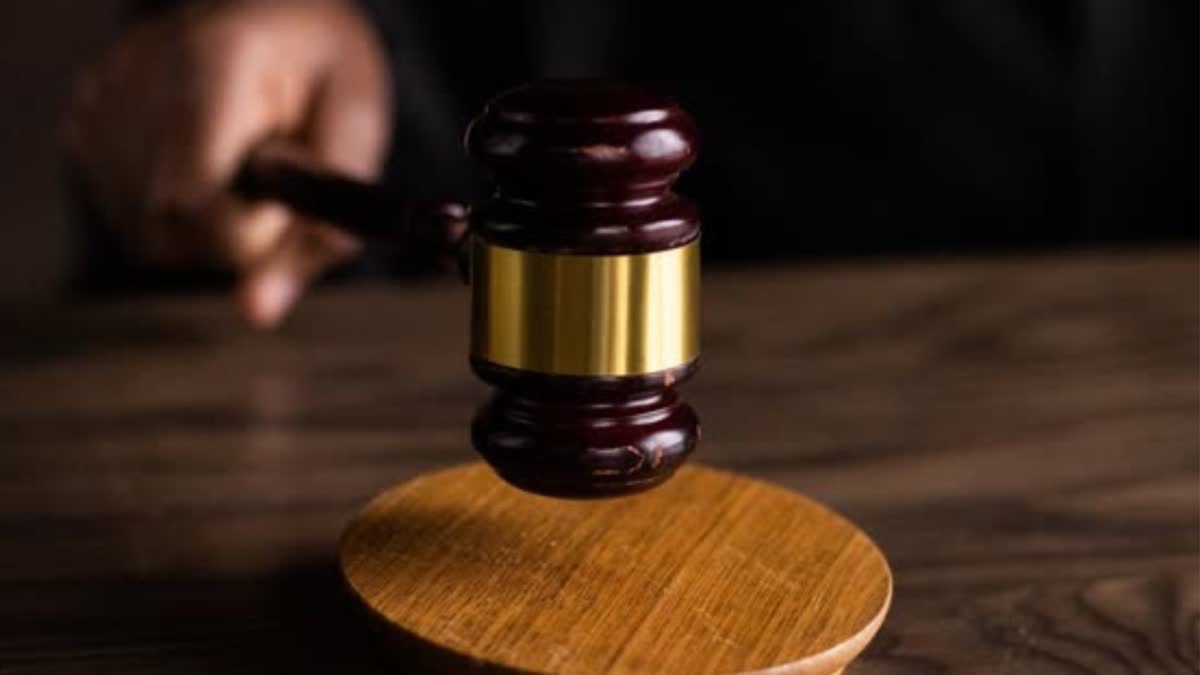New Delhi: The Supreme Court on Monday said each arrest a person faces compounds his humiliation and ignominy, while ruling that an accused, who is in custody in a case, is entitled to seek anticipatory bail in another matter as long as he is not arrested in relation to that alleged offence.
A three-judge bench led by Chief Justice of India D Y Chandrachud and comprising justices J B Pardiwala and Manoj Misra said when procedural law doesn’t preclude the investigating agency from arresting a person in relation to a different offence while he is already under custody in some previous offence, the accused too cannot be precluded of his statutory right to apply for anticipatory bail only on the ground that he is in custody in relation to a different offence.
“Each arrest a person faces compounds their humiliation and ignominy. We say so because each subsequent arrest underscores a continued or escalating involvement in legal troubles that can erode the dignity of the person and their public standing”, said Justice Pardiwala, who authored the judgment on behalf of the bench.
The bench pointed out that the initial arrest itself often brings a wave of social stigma and personal distress, as the individual struggles with the implications of their legal predicament. “When a subsequent arrest occurs, it intensifies this emotional and social burden, amplifying the perception of their criminality and reinforcing negative judgments from society. Subsequent arrest in relation to different offences, while the individual is in custody in a particular offence, further alienates the individual from their community and adversely affects their personal integrity”, said Justice Pardiwala, in a 74-page judgment.
He said it is incorrect to assume that subsequent arrests diminish the level of humiliation and, on the contrary, each additional arrest exacerbates the person’s shame, making the cumulative impact of such legal entanglements increasingly devastating.
The bench said there was no express or implied restriction in the statute that prohibits the sessions court or high courts from deciding an anticipatory bail application in a case, while the applicant was in custody in connection with a different offence.
The bench said an accused is entitled to seek anticipatory bail in connection with an offence so long as he is not arrested in relation to that offence. “Once he is arrested, the only remedy available to him is to apply for regular bail either under Section 437 or Section 439 of the CrPC, as the case may be. This is evident from para 39 of Gurbaksh Singh Sibbia (1980)”, it said.
The apex court said the statement of objects and reasons accompanying the bill for introducing Section 438 in the CrPC indicates that the legislature felt that it was imperative to evolve a device by which an alleged accused is not compelled to face ignominy and disgrace at the instance of influential people who try to implicate their rivals in false cases. “The purpose behind incorporating Section 438 in the CrPC was to recognise the importance of personal liberty and freedom in a free and democratic country”, said Justice Pardiwala.
The apex court said no restriction can be read into section 438 of the CrPC to preclude an accused from applying for anticipatory bail in relation to an offence while he is in custody in a different offence, as that would be against the purport of the provision and the intent of the legislature.
“No useful purpose would be served by depriving the accused of exercising his statutory right to seek anticipatory bail till his release from custody in the first offence," said the bench.
The bench said while a person already in custody in connection with a particular offence apprehends arrest in a different offence, then, the subsequent offence is a separate offence for all practical purposes.
The bench noted it appeared that there were divergent opinions expressed by different high courts on the issue and the high courts of Rajasthan, Delhi and Allahabad have taken the view that an anticipatory bail application would not be maintainable if the accused was already arrested and was in custody in connection with some offence.
The bench said the high courts of Bombay and Orissa have taken the view that even if the accused was in custody in connection with a case, anticipatory bail application at his instance in connection with a different case was maintainable.
The apex court made these observations while dealing with an appeal arising out of the October 2023 verdict of the Bombay High Court which had said an accused, who was in judicial custody in a case, would be entitled to pray for anticipatory bail in a different case. The apex court dismissed the appeal and asked its registry to forward a copy of its judgment to all the high courts across the country.



